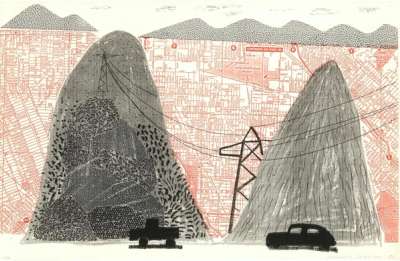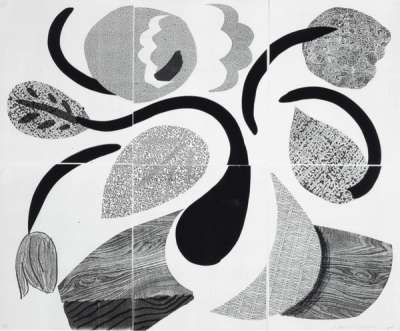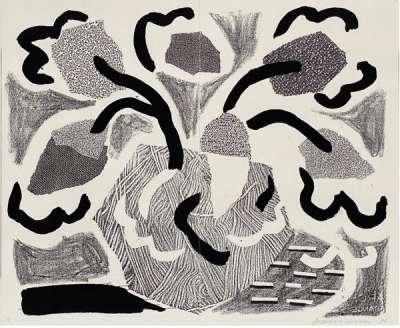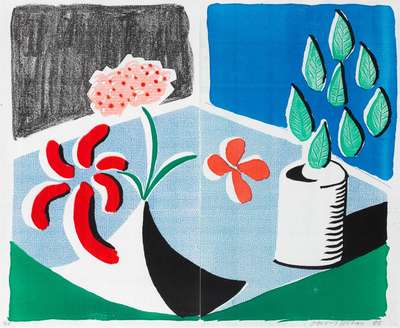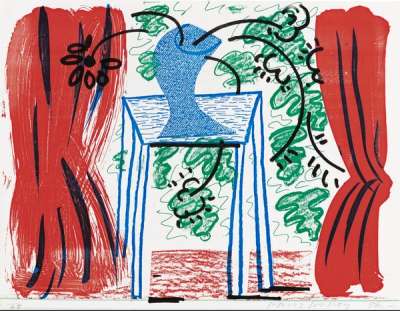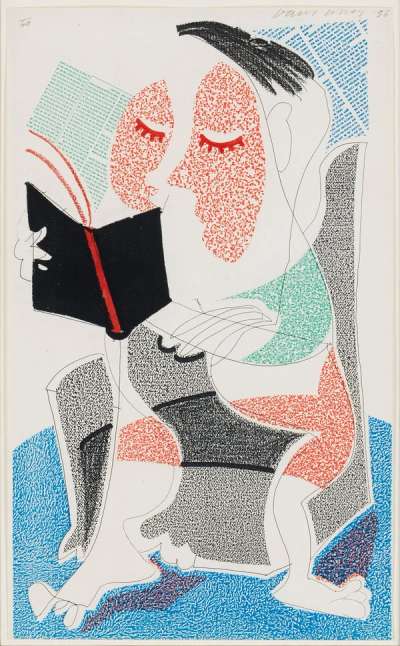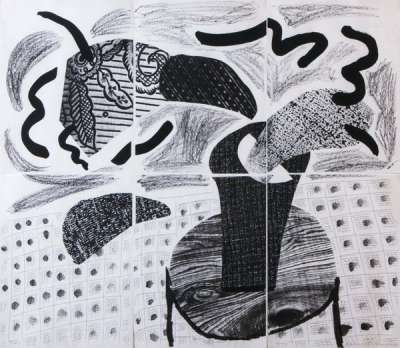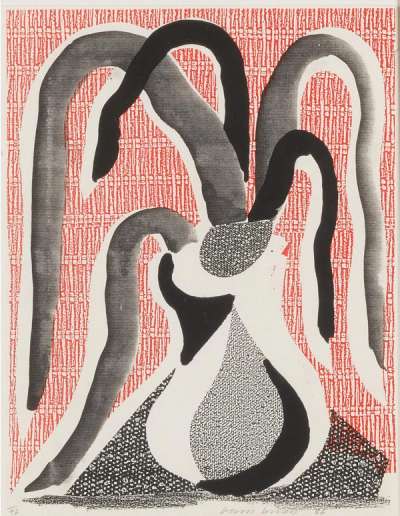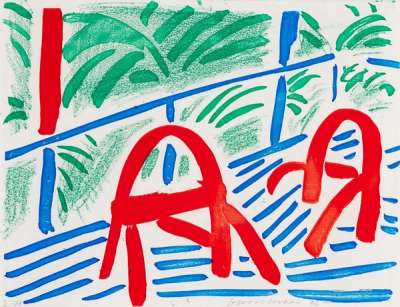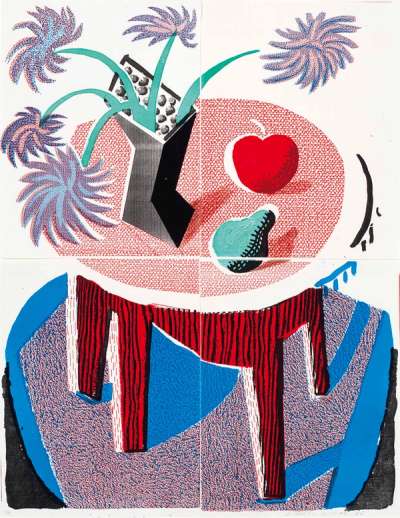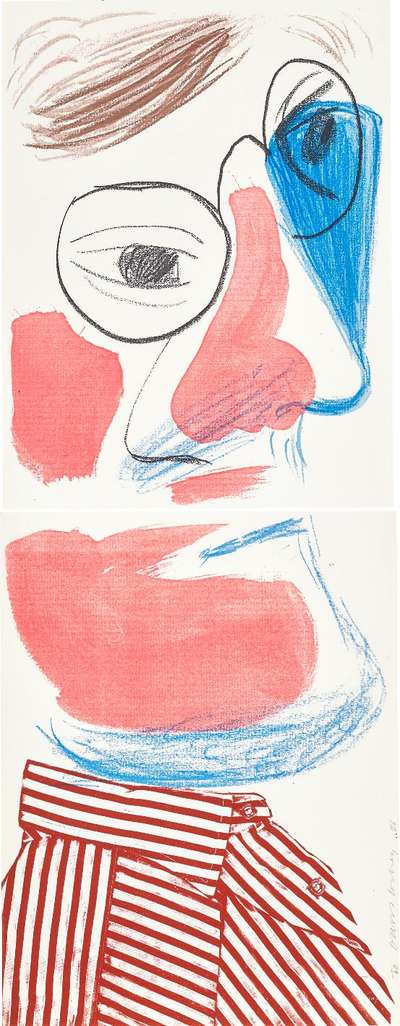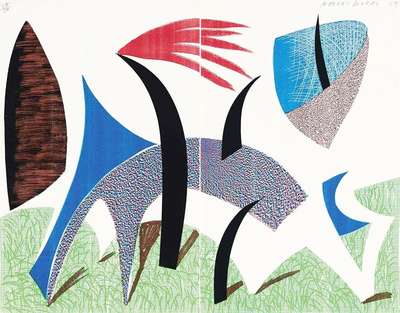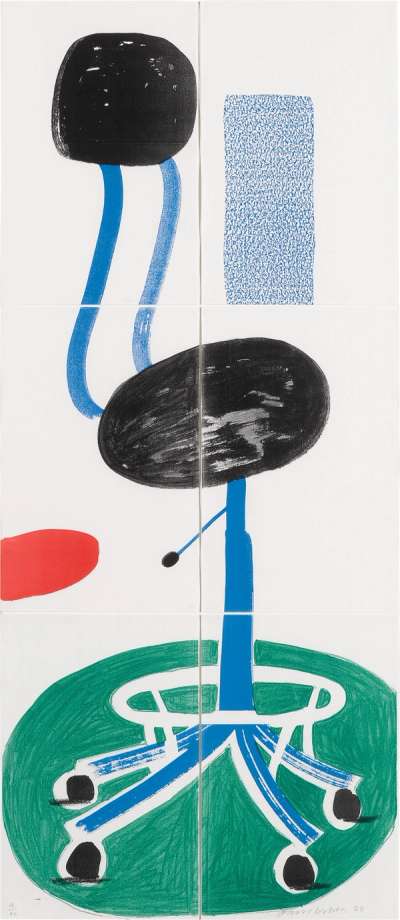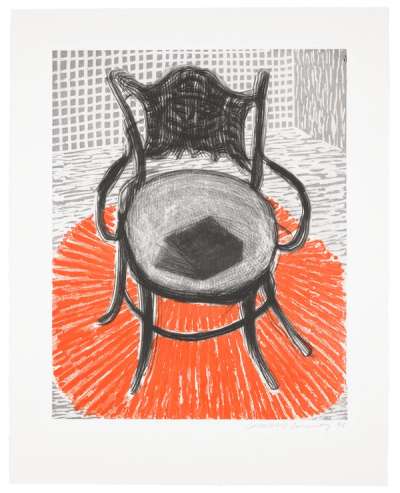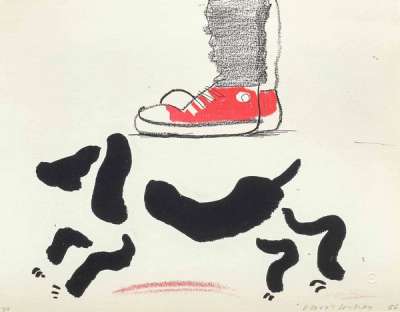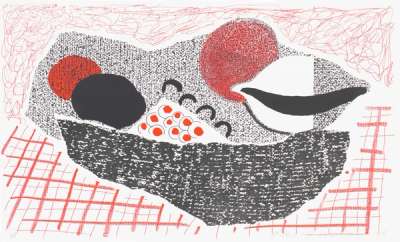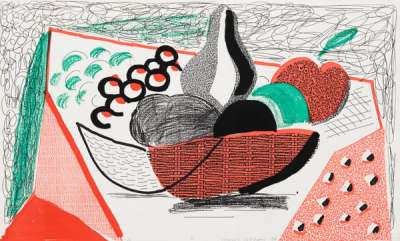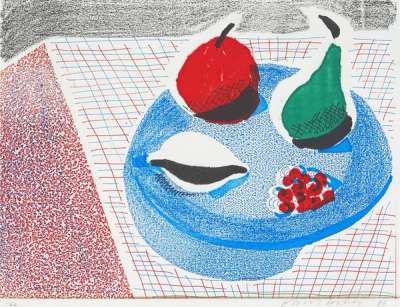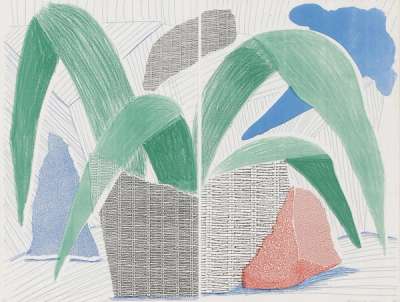
Apples, Grapes, Lemon On A Table

Apples, Grapes, Lemon On A Table
Signed Print
David Hockney
£6,500-£10,000Value Indicator
$13,000-$20,000 Value Indicator
$11,500-$18,000 Value Indicator
¥60,000-¥90,000 Value Indicator
€8,000-€12,000 Value Indicator
$60,000-$100,000 Value Indicator
¥1,240,000-¥1,910,000 Value Indicator
$8,000-$12,500 Value Indicator
AAGR (5 years) This estimate blends recent public auction records with our own private sale data and network demand.
There aren't enough data points on this work for a comprehensive result. Please speak to a specialist by making an enquiry.
Medium: Lithograph
Edition size: 91
Year: 1988
Size: H 63cm x W 76cm
Signed: Yes
Format: Signed Print
Track this artwork in realtime
Watch artwork, manage valuations, track your portfolio and return against your collection
Meaning & Analysis
Apples, Grapes, Lemon On A Table is part of David Hockney's Home Made Prints series, and was made using the traditional medium of lithography as well as an office photocopying machine. This print was published in a signed edition of 91 in 1988.
In the top half of the image a bunch of grapes, two apples – one red, one green – and a lemon sit on a plane in space, recalling their Platonic ideals. The bottom half reveals this neutral surface to be part of an antique table, its lack of ornament or detail on top made up for with its scroll-like legs and elaborate knob. A green rug adds another plane of colour to this dynamic composition which represents one of Hockney’s many experiments with a photocopying machine as part of his Home Made Prints series.
Before the mid ’80s Hockney had worked primarily across etching and lithography within his prints but with the purchase of an office photocopier he was able to find more agency in his process, which allowed him to work without the help of an assistant to prepare plates for him or to guide him through a complicated printing process. While etching offered some independence it was tricky to use colour; here the photocopier became an ideal substitute, allowing him to layer colours – and textures – as he might in a screen print. With this subversion of medium Hockney also subverts the very traditional subject of the still life, filling it with the dynamism and colour of ’80s and ’90s graphics, and joining a long line of artists who have reinterpreted the still life over the centuries.

